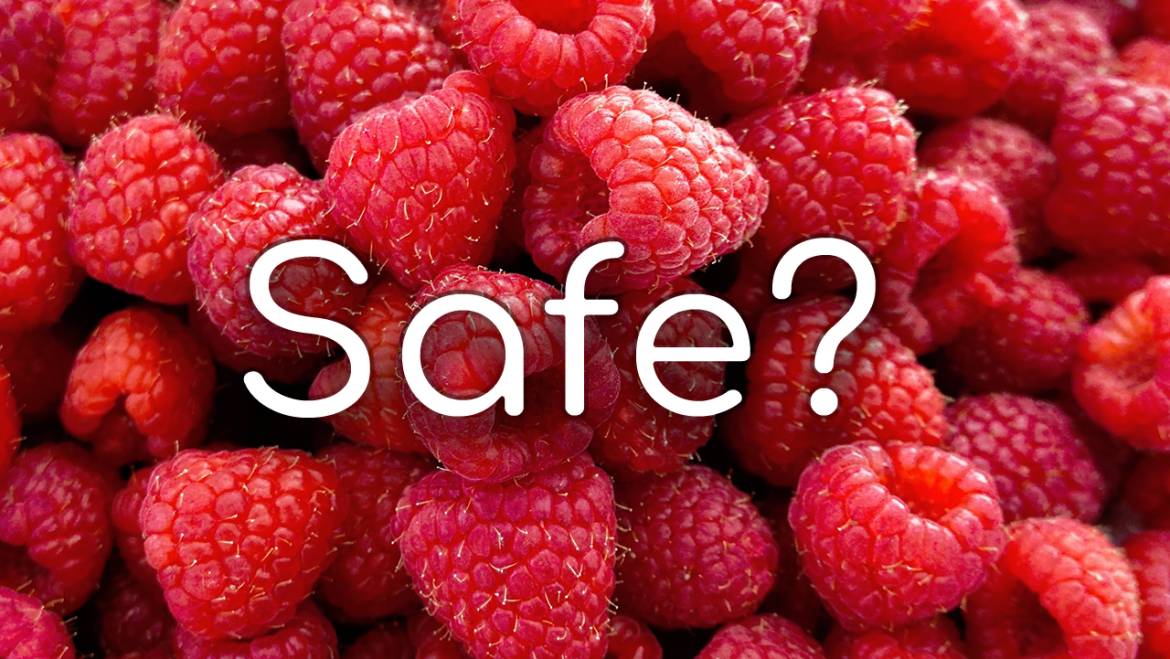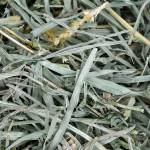Chinchillas are adorable and active creatures that require a balanced diet to maintain optimal health. They are herbivores and require a diet rich in fiber and nutrients, which can be provided by feeding them a variety of hay, fresh vegetables, and fruits. However, not all fruits and vegetables are safe for chinchillas to consume. In this article, we will discuss whether chinchillas can eat raspberries or not and everything else you need to know about feeding your chinchilla raspberries.
Can Chinchillas Eat Raspberries?
Yes, chinchillas can eat raspberries, but only in moderation. Raspberries are a great source of vitamins, antioxidants, and minerals such as potassium, manganese, and calcium. However, raspberries are high in sugar content, and consuming too many raspberries can lead to digestive problems and obesity in chinchillas. Therefore, it’s crucial to feed raspberries to your chinchilla in moderation.
Nutritional Benefits of Raspberries for Chinchillas
Raspberries are packed with essential nutrients that are beneficial for chinchillas. Here are some of the nutritional benefits of raspberries:
- Vitamins: Raspberries contain a variety of vitamins such as Vitamin C, Vitamin E, and Vitamin K, which are essential for chinchillas’ overall health and well-being.
- Minerals: Raspberries are an excellent source of minerals such as potassium, calcium, and manganese, which aid in maintaining chinchillas’ healthy bones and teeth.
- Antioxidants: Raspberries contain a high amount of antioxidants that can help protect chinchillas’ cells from damage caused by free radicals.
How to Feed Raspberries to Chinchillas
It’s important to remember that raspberries should only be given to chinchillas as a treat and not as a primary food source. Here are some tips on how to feed raspberries to your chinchilla safely:
- Quantity: Only feed your chinchilla one or two small pieces of raspberry per week. Feeding too many raspberries can lead to digestive problems and obesity in chinchillas.
- Wash Thoroughly: Always wash raspberries thoroughly before feeding them to your chinchilla to remove any harmful chemicals or pesticides.
- Freshness: Only feed your chinchilla fresh raspberries. Do not feed your chinchilla any raspberries that have been sitting out for an extended period or have started to spoil.
- Monitor your Chinchilla: After feeding your chinchilla raspberries, monitor their behavior and stool to ensure they are not experiencing any digestive problems.
Fruits to Avoid Feeding Your Chinchilla
While raspberries are safe for chinchillas to eat in moderation, not all fruits are safe for chinchillas. Here are some fruits to avoid feeding your chinchilla:
- Citrus fruits such as oranges and lemons are too acidic for chinchillas’ digestive systems and can cause digestive problems and diarrhea.
- Grapes and raisins can cause kidney damage in chinchillas.
- Avocado is toxic to chinchillas and can cause severe health problems or even death.
Good Fruits to Feed Your Chinchilla
In addition to raspberries, there are other fruits that are safe and beneficial for chinchillas to eat. Here are some good fruits to feed your chinchilla:
- Apples: Apples are a great source of fiber and Vitamin C. However, make sure to remove the seeds and core before feeding them to your chinchilla, as they can be harmful.
- Bananas: Bananas are a good source of potassium and fiber. However, due to their high sugar content, they should only be given in moderation.
- Blueberries: Blueberries are a great source of antioxidants and Vitamin C. They also have a low sugar content, making them a healthy snack for your chinchilla.
- Papaya: Papaya is a great source of fiber and Vitamin A. It also contains an enzyme called papain, which can aid in digestion.
- Strawberries: Strawberries are a good source of Vitamin C and fiber. However, they should only be given in moderation due to their high sugar content.
When feeding your chinchilla fruits, it’s important to remember that they should only be given in moderation as treats and not as a primary food source. Additionally, make sure to wash fruits thoroughly before feeding them to your chinchilla, and always remove any seeds, stems, or pits that could be harmful.
It’s also important to note that some chinchillas may have dietary restrictions or health issues that make certain fruits unsuitable for them to eat. Always consult with a veterinarian if you have any concerns about your chinchilla’s diet.
Chinchillas can eat raspberries in moderation as they are a great source of vitamins, minerals, and antioxidants. However, it’s important to remember that raspberries should only be given to chinchillas as a treat and not as a primary food source. Feeding too many raspberries can lead to digestive problems and obesity in chinchillas. Additionally, always wash raspberries thoroughly before feeding them to your ‘chilla, and only feed them fresh raspberries. Lastly, it’s essential to monitor your chinchilla’s behavior and stool after feeding them raspberries to ensure they are not experiencing any digestive problems.
In conclusion, feeding your chinchilla a balanced diet is essential for their overall health and well-being. While raspberries can be a great addition to their diet, it’s important to feed them in moderation and follow the guidelines outlined in this article. As always, consult with a veterinarian if you have any concerns or questions about your chinchilla’s diet. With proper care and nutrition, your chinchilla can live a long and healthy life.







